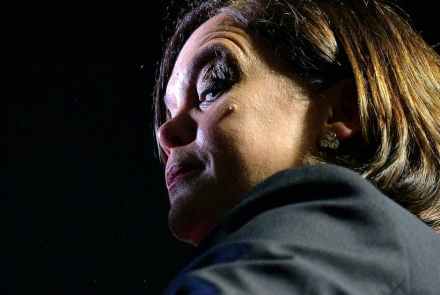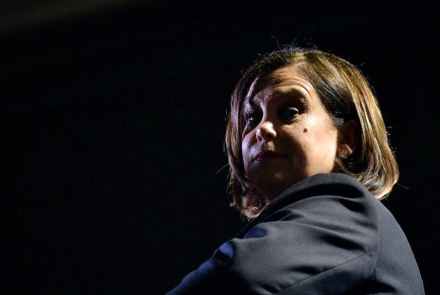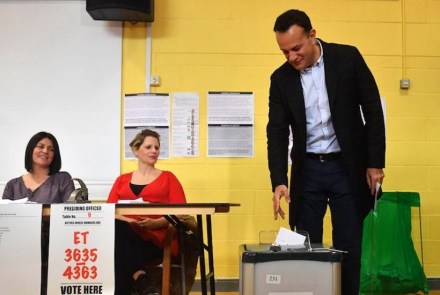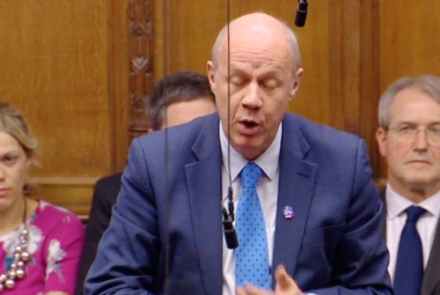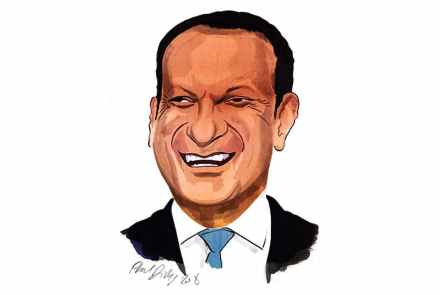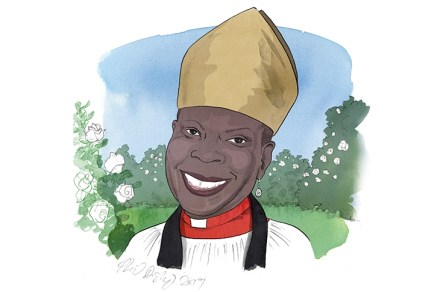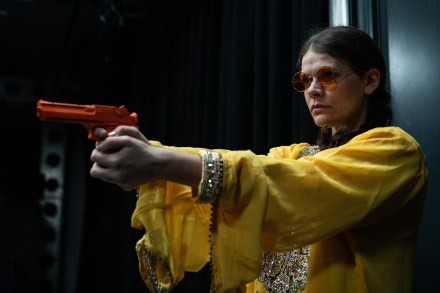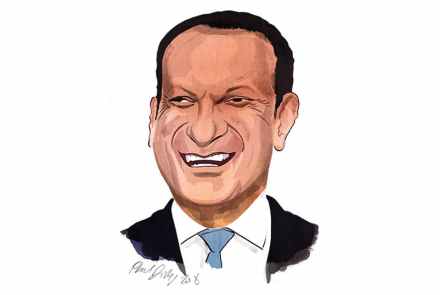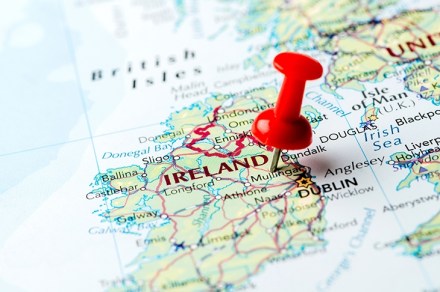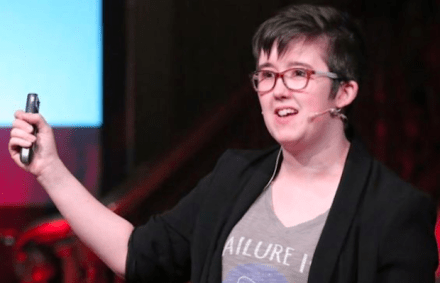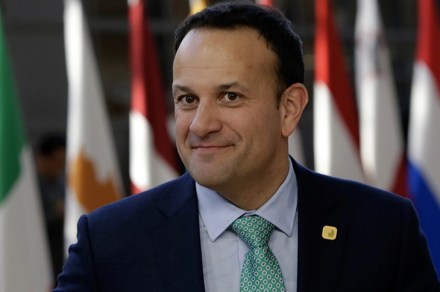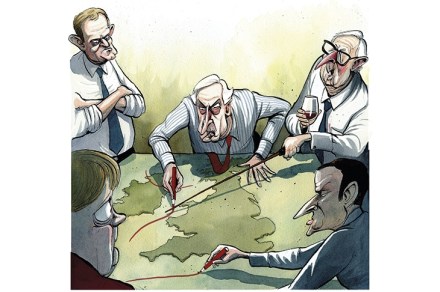Sinn Fein’s success doesn’t make a united Ireland more likely
It is obviously true that Sinn Fein’s success in the Irish Republic will increase nationalist pressure for a united Ireland. It does not automatically follow, however, that such pressure will make a united Ireland more likely. A powerful Sinn Fein in the South is a strong recruiter for Unionism in the North. The possibility of nationalists in the North winning a border poll has just receded. This is an extract from Charles Moore’s Notes, which appears in this week’s Spectator
